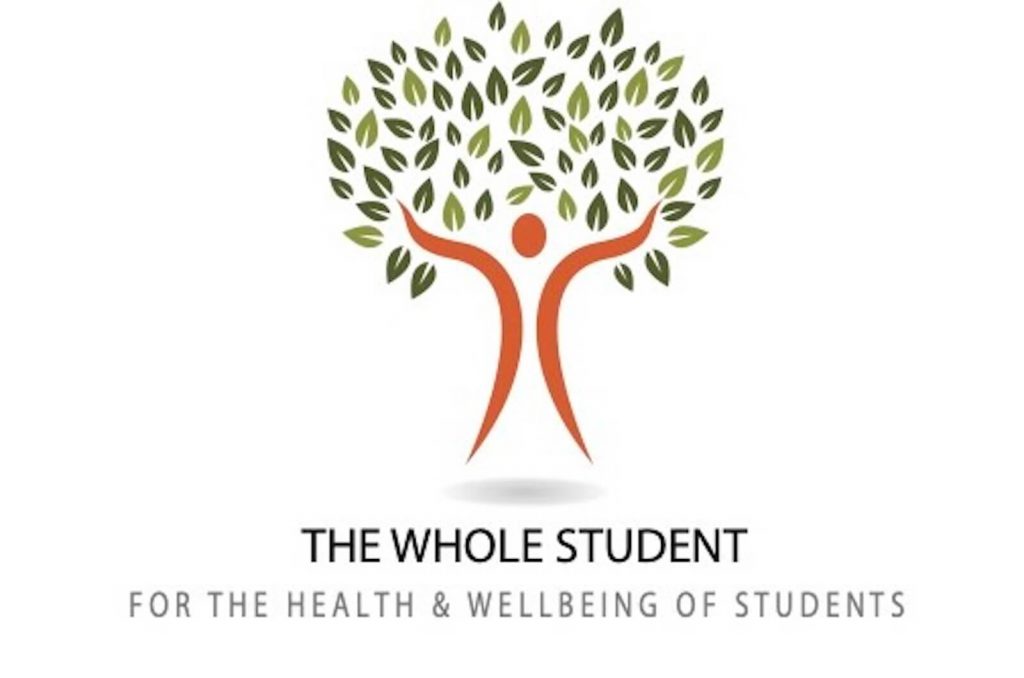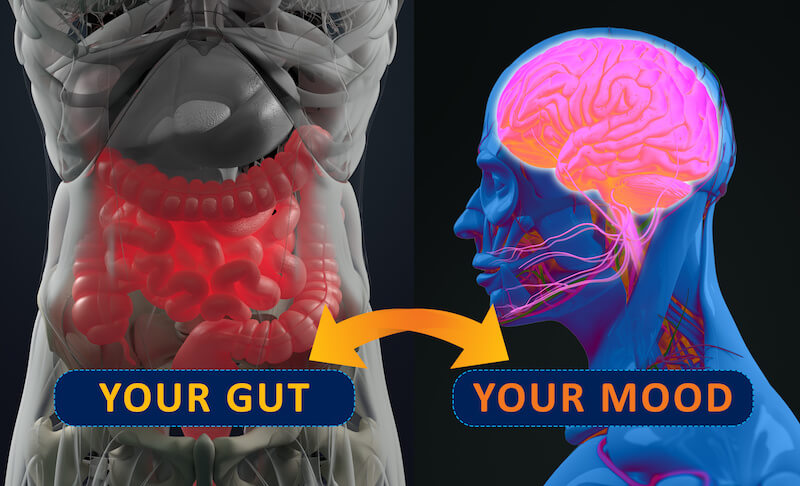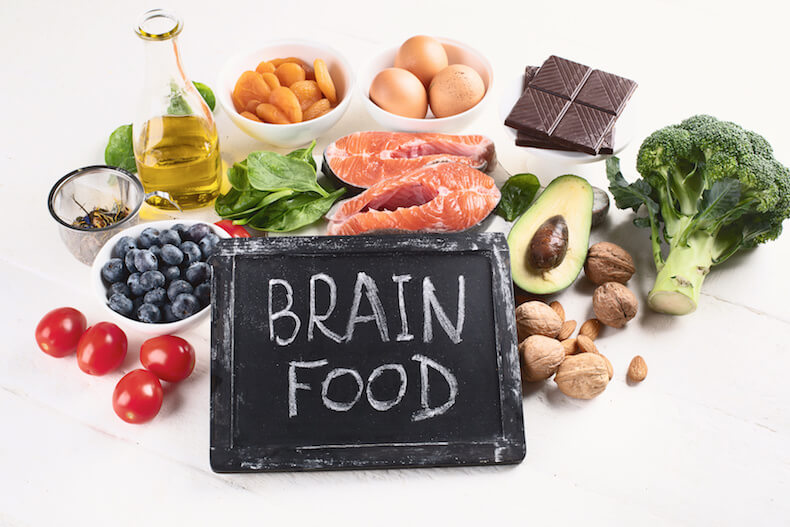I had the pleasure of supporting Leila and James Fox of Kent Ferments and BoConcept Canterbury with a talk last evening : ‘Detox Your Home, Reset Your Gut Health.’ We discussed the myriad health benefits associated with fermented foods, with a special highlight on the wonders of Kimchi – for me, one of my favourite gut-friendly foods! We also discussed the impact that our home and working environment can have on our gut health and wellbeing.
Kimchi, a traditional Korean dish, involves fermenting napa cabbage and Korean radishes with a blend of ingredients like chili peppers, garlic, ginger, spring onions, and spices. The fermentation process, driven by lactic acid bacteria, not only imparts a tangy flavour but also brings numerous health benefits. Kimchi played a big part in Leila’s life growing up in Hawaii and I am thrilled she and James are now sharing their precious family recipe and enthusiasm for fermented health foods with us here in East Kent.
A most versatile condiment, a little kimchi can go a long way in boosting gut health and overall well-being, also to contributing to our optimum different 7 plants a day, 30 different plants a week. It is also for me a complete food in terms of ensuring prebiotics such as ginger and garlic which possess anti-inflammatory properties and promote the growth and activity of beneficial bacteria in the gut.

Kent Ferments offers an original Kimchi No. 1 with medium heat and a smoky finish, while Kimchi No. 5 provides a milder taste, ideal for those new to Kimchi. Priced at £6.50 per 340g E Jar, you can find Kent Ferments at Wye Farmer’s Market.
Health Benefits of Kimchi
Health benefits of Kimchi include promoting good bacteria, essential for a balanced gut microbiome. Probiotics, especially Lactobacilli, aid digestion, nutrient absorption, and help prevent digestive issues. Kimchi can help support the immune system with the good bacteria modulating immune responses and defending against infections. Moreover, the low-calorie dish is rich in vitamins A and C, potassium, and calcium, with antioxidant properties from garlic and ginger.
Kimchi can also play a role in weight management and metabolic health. The fermentation process produces Butyrate, a short-chain fatty acid with diverse benefits. Butyrate enhances insulin sensitivity, regulates energy metabolism, and acts as an immune modulator, potentially managing autoimmune responses. In my experience, insufficient butyrate is often implicated in many of my IBS, ulcerative colitis and Crohn’s disease cases.
Furthermore, Butyrate influences gene expression as an HDAC inhibitor, offering neuroprotective benefits, anti-inflammatory properties, and contributing to cancer protection. It also impacts the gut-brain axis, influencing hormones like leptin which regulate appetite and help to prevent obesity.
In conclusion, incorporating Kimchi into your diet can be a flavourful and health-conscious choice. Its unique combination of taste and nutritional benefits makes it an excellent addition to meals, offering a delicious way to support your gut, immune system, and overall well-being.
For more information or to book a nutrition consultation, contact Charlotte Fraser at enquiries@naturopathic-nutrition.com.














